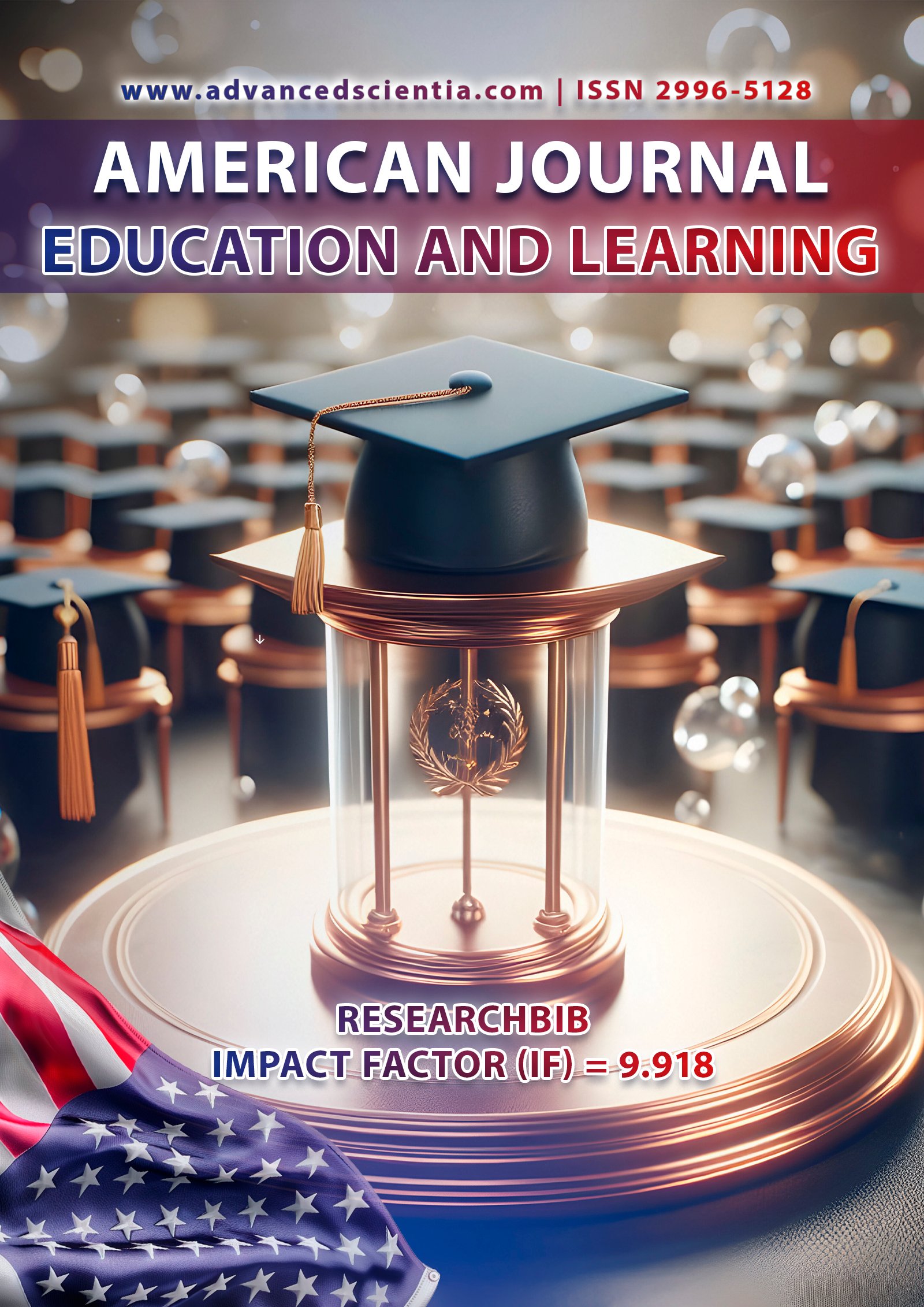METHODOLOGY OF ORGANIZING PROJECT-BASED LEARNING IN TEACHING RUSSIAN AS A FOREIGN LANGUAGE AT UNIVERSITY LEVEL
Abstract
This article explores the theoretical and practical aspects of organizing project-based learning (PBL) in the context of teaching russian as a foreign language (RFL) at the university level. With the growing emphasis on communicative competence, intercultural awareness, and learner autonomy in modern language pedagogy, PBL emerges as an effective method for achieving these goals. The study outlines the main methodological principles of PBL, including authenticity, interdisciplinarity, and student-centeredness, and describes the stages of project implementation—from planning and execution to presentation and reflection. Several examples of successful project formats are presented, including thematic cultural comparisons, professional language applications, and campus-based mini-research projects. The article also addresses potential challenges such as students’ limited proficiency and time constraints, offering practical strategies to overcome them. Ultimately, the paper argues that project-based learning fosters not only language acquisition but also critical thinking, teamwork, and real-world communication skills. The integration of PBL into RFL instruction represents a shift toward more dynamic, relevant, and student-driven learning in higher education.
References
1. Beckett, G. H., & Slater, T. /// The Project Framework: A Tool for Language, Content, and Skills Integration. ELT Journal.-2005
2. Thomas, J. W.///A Review of Research on Project-Based Learning.
Krahnke, K. /// Approaches to Syllabus Design for Foreign Language Teaching.-2000.
3. Isakova Ravshana Karimjanovna, & Tursunova Inobat Mirkamilovna. (2022). Teaching Russian in Uzbek groups in universities. Journal of Pedagogical Inventions and Practices, 9, 121–122. Retrieved from https://www.zienjournals.com/index.php/jpip/article/view/1981
4. Zamyatin, D. N. (2016). Project-Based Methods in Teaching Russian as a Foreign Language-1987
5. Isakova Ravshana Karimzhanovna, & Begmatova Navruza Abdukhamedovna. (2021). THE NEXT STEP TO INNOVATION-ORIENTED EDUCATION IS THE IMPLEMENTATION OF INFORMATION TECHNOLOGIES INTO THE PRACTICE OF TEACHING THE RUSSIAN LANGUAGE IN FOREIGN LANGUAGE GROUPS. Archive of Conferences, 33-34. Retrieved from
Latibjonovna, B. G. (2023). Ethics of the Relationship between the Medical Professional and the Patient System.
Latibjonovna, B. G. (2022). ТИББИЙ ХОДИМЛАРНИНГ ТИББИЙ НУТҚ МАЛАКАСИ ТАВСИФИ. International Journal of Philosophical Studies and Social Sciences, 124-129.
Babayeva, G. L. (2022). KEKSA VA KEKSA YOSHDAGI BEMORLAR BILAN SUHBATLASHISH CHORALARI VA SUHBATNING XUSUSIYATLARI. Oriental renaissance: Innovative, educational, natural and social sciences, 2(1), 560-567.
Boboyeva, G. L., Rustamova, G., & Kozimov, R. S. (2020). Stylistic Classification of the English Vocabulary.






















